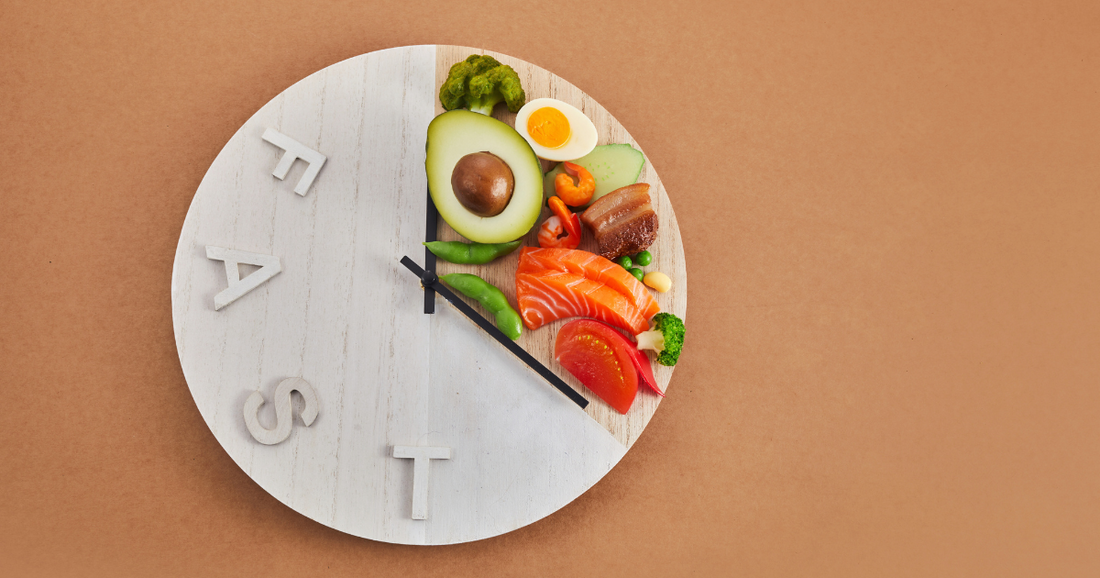Can you drink coffee while fasting? The short answer—yes, but it depends on the type of fasting and what you add to your cup.
Intermittent fasting has taken off in recent years, with many people swearing by its benefits for weight management, energy levels, and even longevity. But if you're a coffee drinker, you might be wondering whether your morning brew breaks a fast. The good news? Black coffee is generally fasting-friendly. The catch? A splash of milk, sugar, or flavoured syrups can quickly change that.
Let's break it down. What types of coffee can you drink without affecting your fast? And what actually happens in your body when caffeine meets fasting? Here's everything you need to know.
What types of coffee can you drink while fasting?
If you're keeping your fast strict, black coffee is your safest bet. It’s virtually calorie-free and won’t trigger an insulin response, which means it won’t break your fast. But what about extras like milk, sweeteners, or butter? Here’s how different coffee choices stack up:
- Black coffee – Zero calories, zero sugar, and full of antioxidants. Safe for fasting.
- Espresso – A concentrated shot of black coffee with the same fasting benefits.
- Cold brew – Less acidic than regular coffee but just as fasting-friendly—if you keep it black.
- Bulletproof coffee – Made with butter and MCT oil. This one’s tricky. It technically has calories but keeps the body in a fat-burning state, making it acceptable for some fasting methods.
- Coffee with milk or cream – Even a small splash can introduce enough calories to break a strict fast. If you’re doing intermittent fasting for weight loss, keep it minimal or skip it altogether.
- Flavoured coffee or lattes – A hard no. Anything with sugar, syrups, or milk foam will spike insulin levels and end your fast.
Can you drink coffee while fasting for a blood test?
It depends on the type of test your doctor has ordered. For most fasting blood tests, including glucose, cholesterol, and metabolic panels, you’ll be asked to avoid all food and drinks except water for 8–12 hours before your appointment. That means black coffee is usually off-limits.
Here’s why: even though black coffee has no calories, it contains caffeine and other compounds that can affect test results. Caffeine can slightly raise blood sugar levels, and certain acids in coffee may interfere with liver function tests. If your test is checking hydration levels, kidney function, or lipids, coffee can alter these readings too.
Some tests allow black coffee, but others don’t. The safest approach? Check with your doctor or pathology lab before sipping. If in doubt, stick to water until your test is done.
Final thoughts: Can you drink coffee while fasting?
When it comes to fasting and coffee, black is usually best—but the details matter. Whether you're fasting for health benefits or a blood test, understanding how your coffee choice affects your fast helps you stay on track.
If you haven’t quite found your signature coffee blend yet, why not test-drive some Essenza Coffee? If you’ve enjoyed this deep dive that aimed to answer can you drink coffee while fasting, be sure to check out the rest of the resources on our blog. If you have any questions, please reach out to the friendly team.

